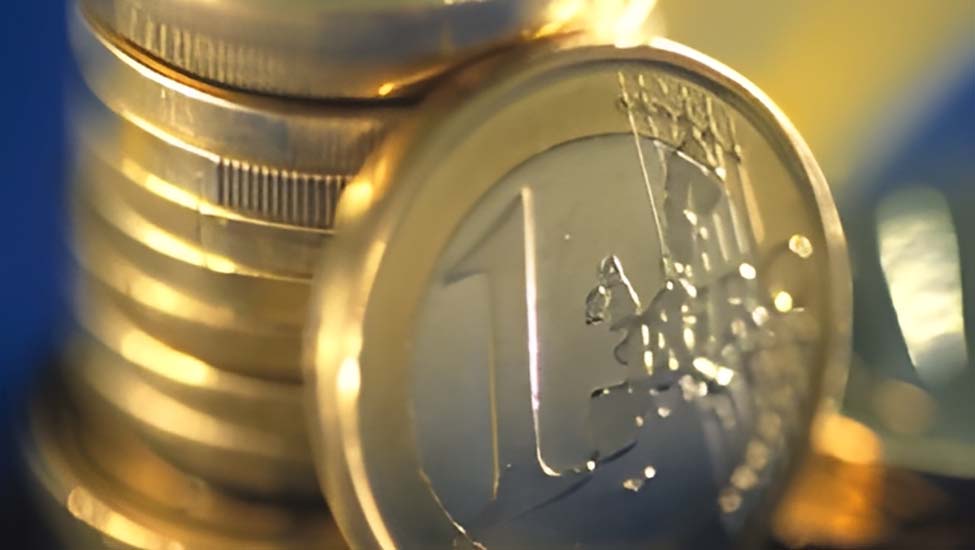The Newsletter n°343 — 14 avr. 2008
La Lettre
Karine Lisbonne-de Vergeron
—
14 April 2008
Finance/Conference
1 January 1970

European Elections Monitor - Serbia
1 January 1970
Central Asia
1 January 1970

Environment
1 January 1970
Androulla Vassiliou
1 January 1970

Culture
1 January 1970
Tibet
1 January 1970
Croatia/Macedonia
1 January 1970
Investments/Mediterranean
1 January 1970

Pollution/Mediterranean
1 January 1970
Mobility/Education
1 January 1970
Reach
1 January 1970
Fisheries
1 January 1970
Transport
1 January 1970

Water
1 January 1970

Franco-German
1 January 1970

Growth
1 January 1970
European Budget
1 January 1970
Treaty/Ratification
1 January 1970

Architectural Remodelling
1 January 1970

Treaty/Ratification
1 January 1970
Investiture
1 January 1970

Government
1 January 1970
Estonia
1 January 1970

Europe Day
1 January 1970

Fianna Fail
1 January 1970
Election
1 January 1970

Juncker/Bush
1 January 1970

German-Polish Manual
1 January 1970

Treaty/Ratification
1 January 1970
Treaty Ratified
1 January 1970

Reform/Police
1 January 1970

Constitution
1 January 1970

Early Elections
1 January 1970

Survey
1 January 1970

Barroso
1 January 1970

Rates
1 January 1970

Aid/Development
1 January 1970

Transport
1 January 1970

GDP
1 January 1970
European President?
1 January 1970

Budget
1 January 1970
Mediterranean Union
1 January 1970
Internal Market
1 January 1970
Social Europe
1 January 1970
Agriculture
1 January 1970

EU/France
1 January 1970
Camille Claudel
1 January 1970

Camerata Slovenica
1 January 1970
Agenda
What the European Union and its Member States can truly achieve by 2026
The decline of French agriculture in Europe
Towards a sovereign and resilient Europe: the urgent need for a comprehensive security doctrine
Skilled immigration and the competitiveness of the European Union: attractiveness and policy options
Hybrid threats: from geopolitics to internal security
The Editors of the Newsletter :
Stefanie Buzmaniuk, Helen Levy
N°ISSN : 2729-6482
Editor-in-Chief :
Eric Maurice
Director of Publication :
Pascale Joannin
Any questions or suggestions?
Contact Us!







